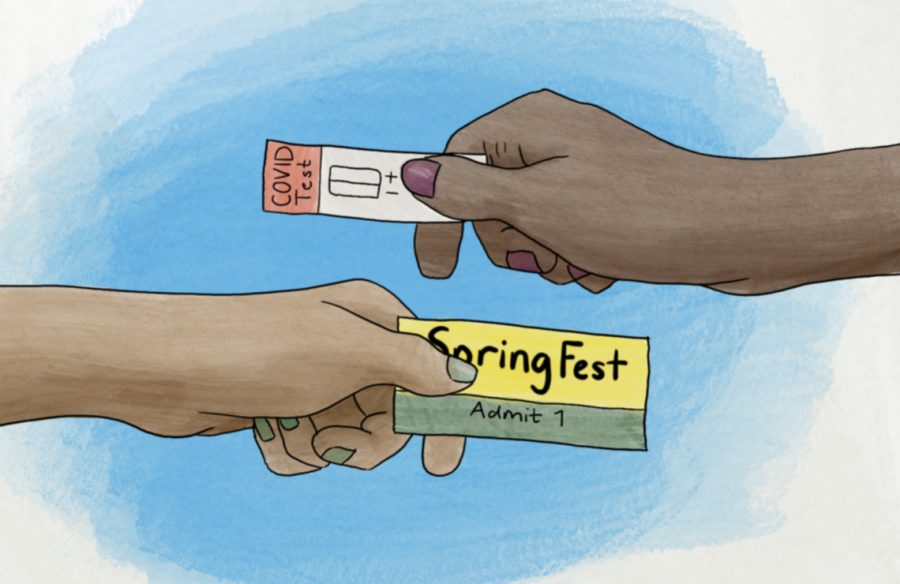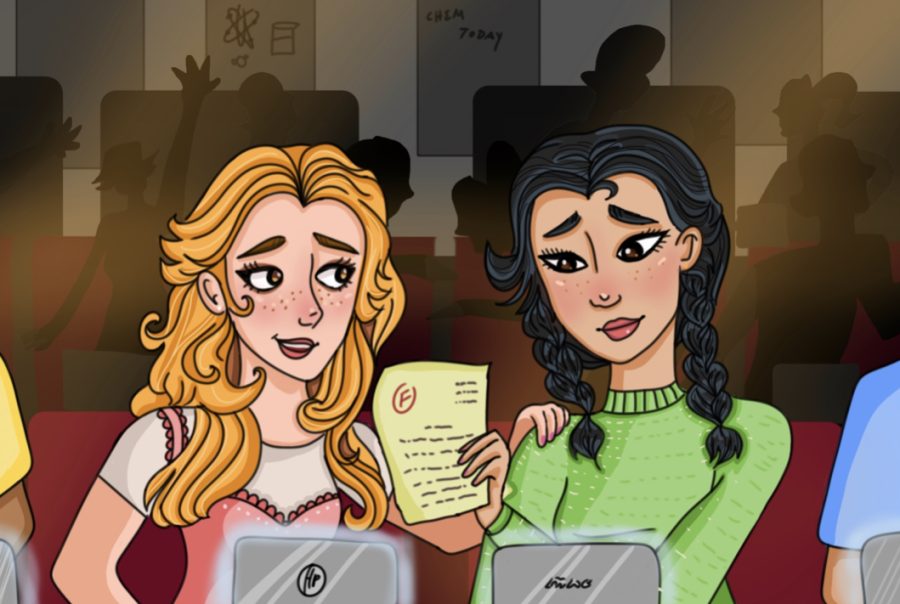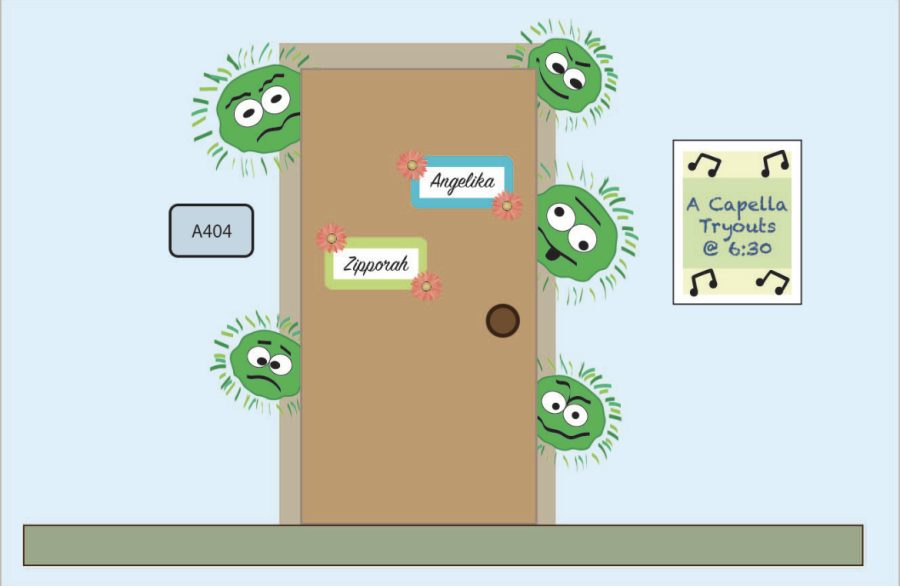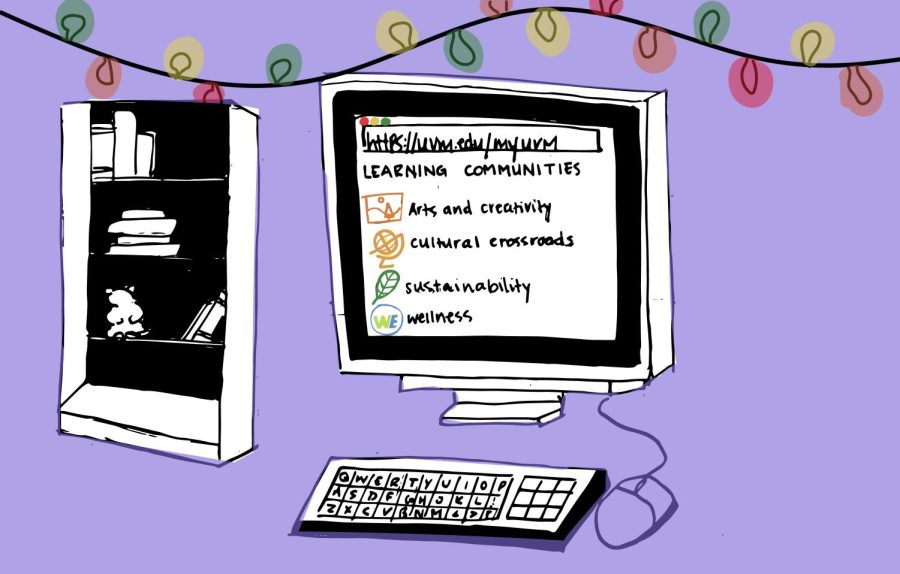Where were you on Thursday six weeks ago?
“I was probably in Boston still,” first-year Melina Heroux said.
“Six weeks would be two weeks before vacation, which means we were right in the beginning of finals week … I was probably writing my paper for [TAP] class,” first-year Frankie Lyon said.
I couldn’t tell you what I was doing on a Thursday six weeks ago. Like my classmates, I was probably dreading finals week and trying to come up with a studying schedule.
I went to my Thursday classes, modern European history and anthropology and I probably went to the gym. That is about as specific an answer as I can give you.
As far as I know, it was just another day. This question was the basis for a murder conviction.
Fifteen years ago, Adnan Syed was tried and charged with the murder of his ex-girlfriend, Hae Min Lee, in Baltimore.
The state’s case against Syed was built upon a 21 minute period on the day of Lee’s disappearance, six weeks prior.
Like my friends that I interviewed, Syed had a vague recollection of the day, which to him was unremarkable. Convoluted timetables and unreliable witnesses landed him life in prison.
Fast-forward 15 years, and this case is chronicled on “Serial,” an extremely popular podcast on “This American Life,” produced by Chicago Public Media.
Narrating and investigating this story is Sarah Koenig, an extraordinarily likable and curious radio journalist who used to be a crime reporter for the Baltimore Sun, for which Koenig had written about the defense attorney who possibly mishandled Syed’s case.
A friend of Syed contacted Koenig to take a second look. Syed and Lee were students at Woodlawn High School in Baltimore County.
They were dating through the first few months of senior year, but like most high school relationships, broke up .
The defense maintains that Syed was not angry about the breakup. Lee had met someone else at her job at LensCrafters.
The prosecution alleged that Syed was “rage filled and vengeful.” They argued that he resented her for forcing him to disobey his strict parents, who forbade him to date.
They were immigrants from Pakistan and adhered to their Muslim faith. Therein lay the state’s case: a vengeful, jealous ex-boyfriend killed his girlfriend when she left him for another man.
He’s been in prison ever since. Twelve podcasts later, each about 45 minutes long, we are still left without answers.
The only conclusion I can come to is probably the same as the millions of listeners tuning in each week: in my heart, I think he is guilty, yet I do not think that the state’s case is sufficient to warrant life in prison.
I think Koenig learned a complicated lesson about law: one must separate a personal conviction from a legal one.
The trial rested on the testimony of a pathological liar. Syed’s friend Jay’s account of what happened that day kept changing.
I am pretty sure that you would never forget seeing a dead body in the trunk of a friend’s car.
For me personally, that is the most glaring hole in the various testimonies — Jay kept changing the location of the body.
First he claimed that Adnan showed him the body at their meeting spot off Edmonson Avenue.
Then, in his second interview, he says that they were in the Best Buy parking lot. Even details such as where they dumped the shovels — covered in Jay’s fingerprints — kept switching.
Furthermore, his story is an hour off from the cell tower records that tracked their movements by the calls they were making.
The most fantastic phenomenon when listening to this reporter as she hunts down clues and old witnesses, is that the audience is in on her opinions and discoveries.
As such, our views on whether Syed committed the murder or not shift from episode to episode, sometimes within one episode.
It was riveting to listen to, and even more entertaining to talk and debate the various plot points with the dozens of family and friends I know who were all listening, too.
Serial 2 is coming soon to a public radio station near you.







